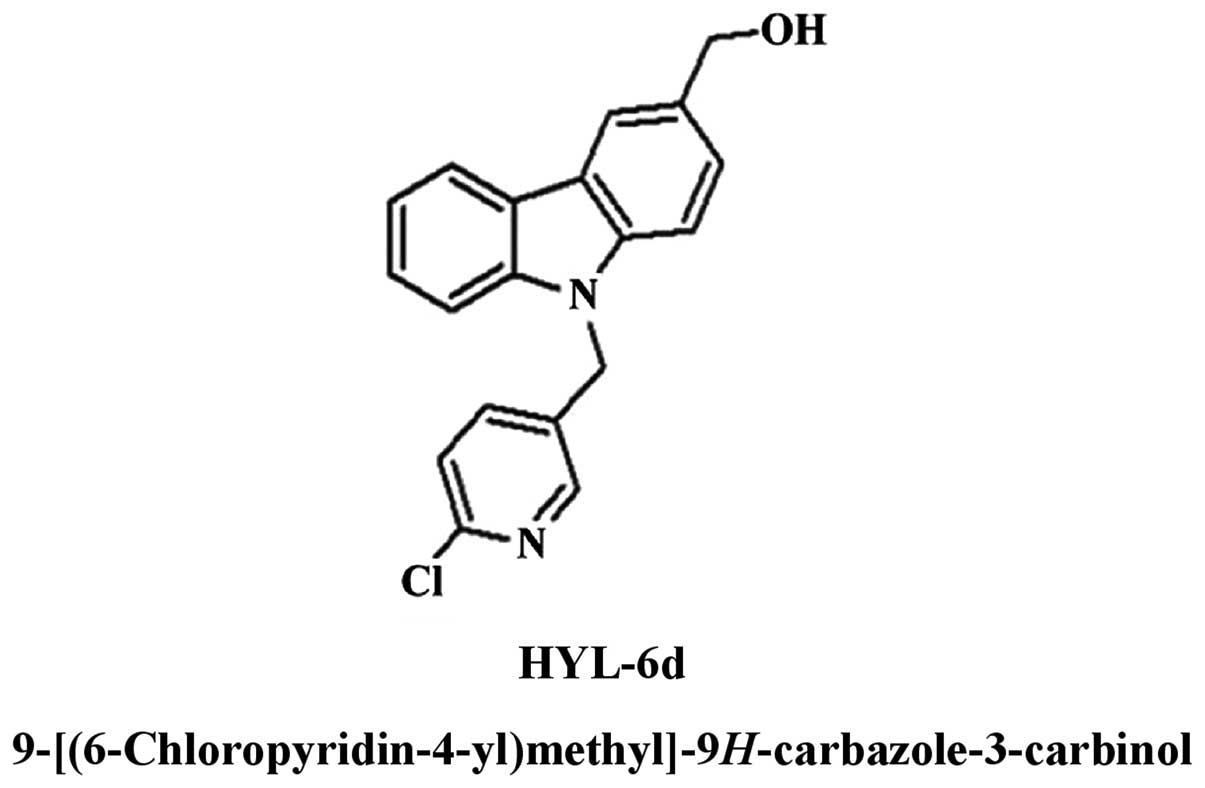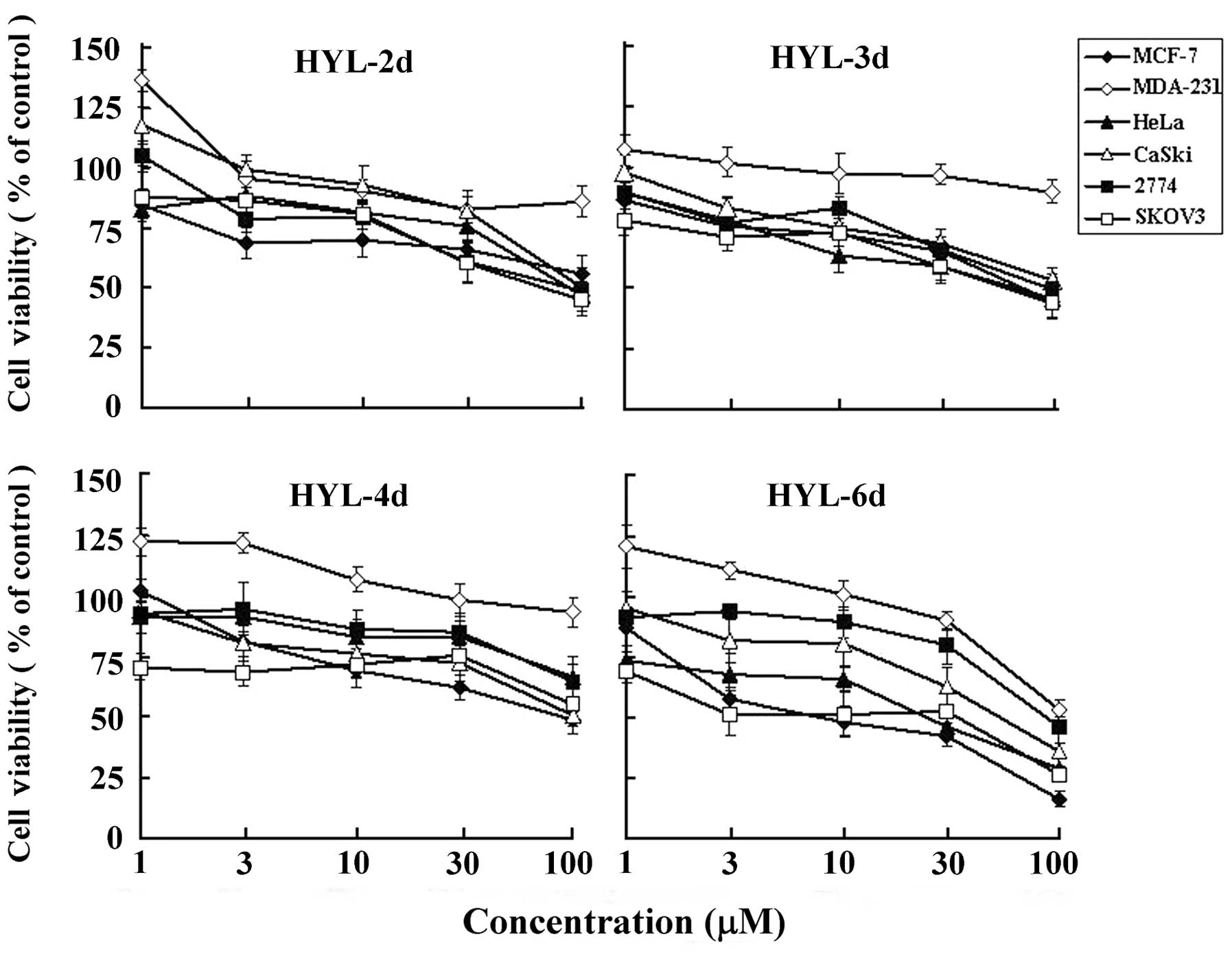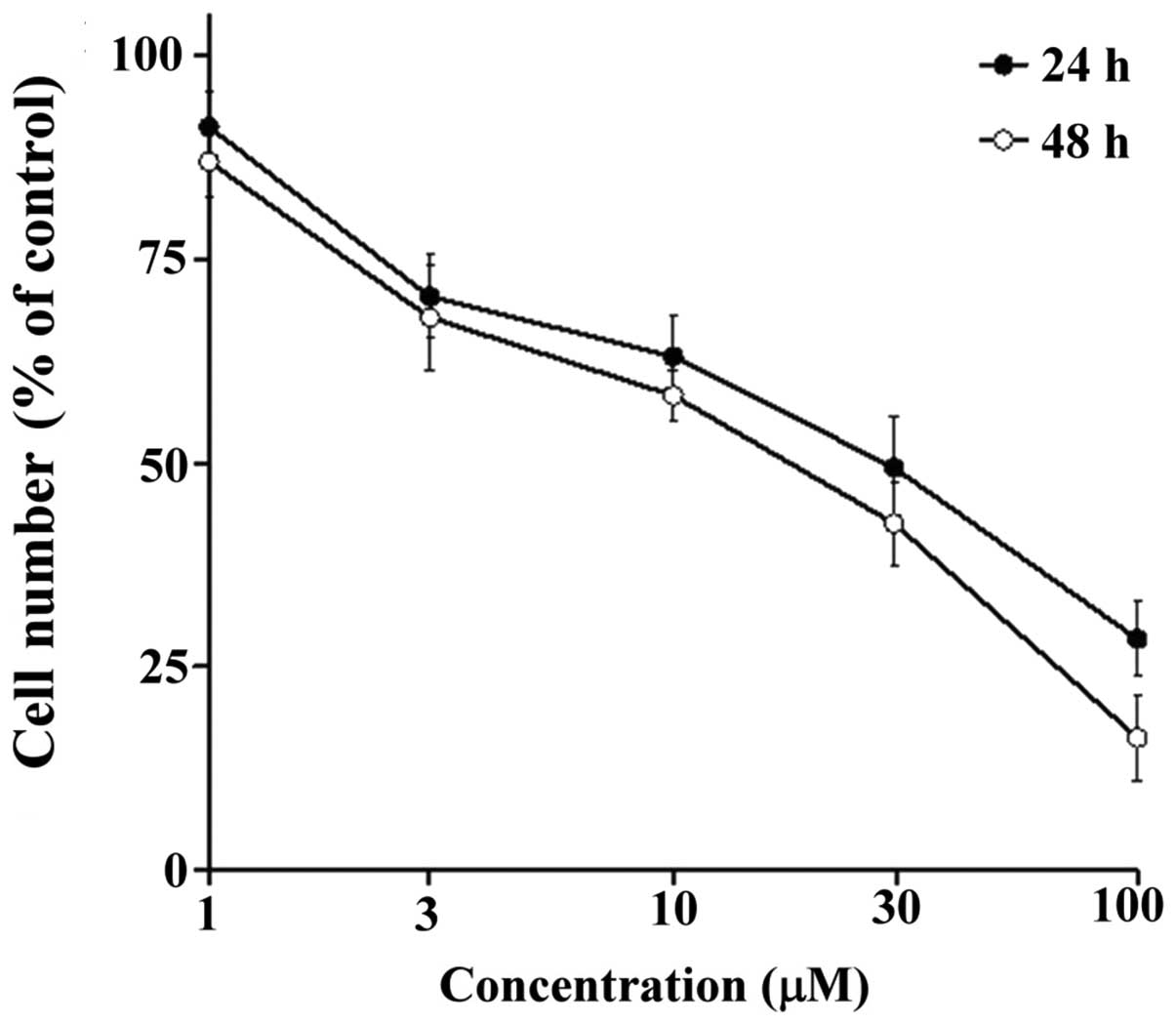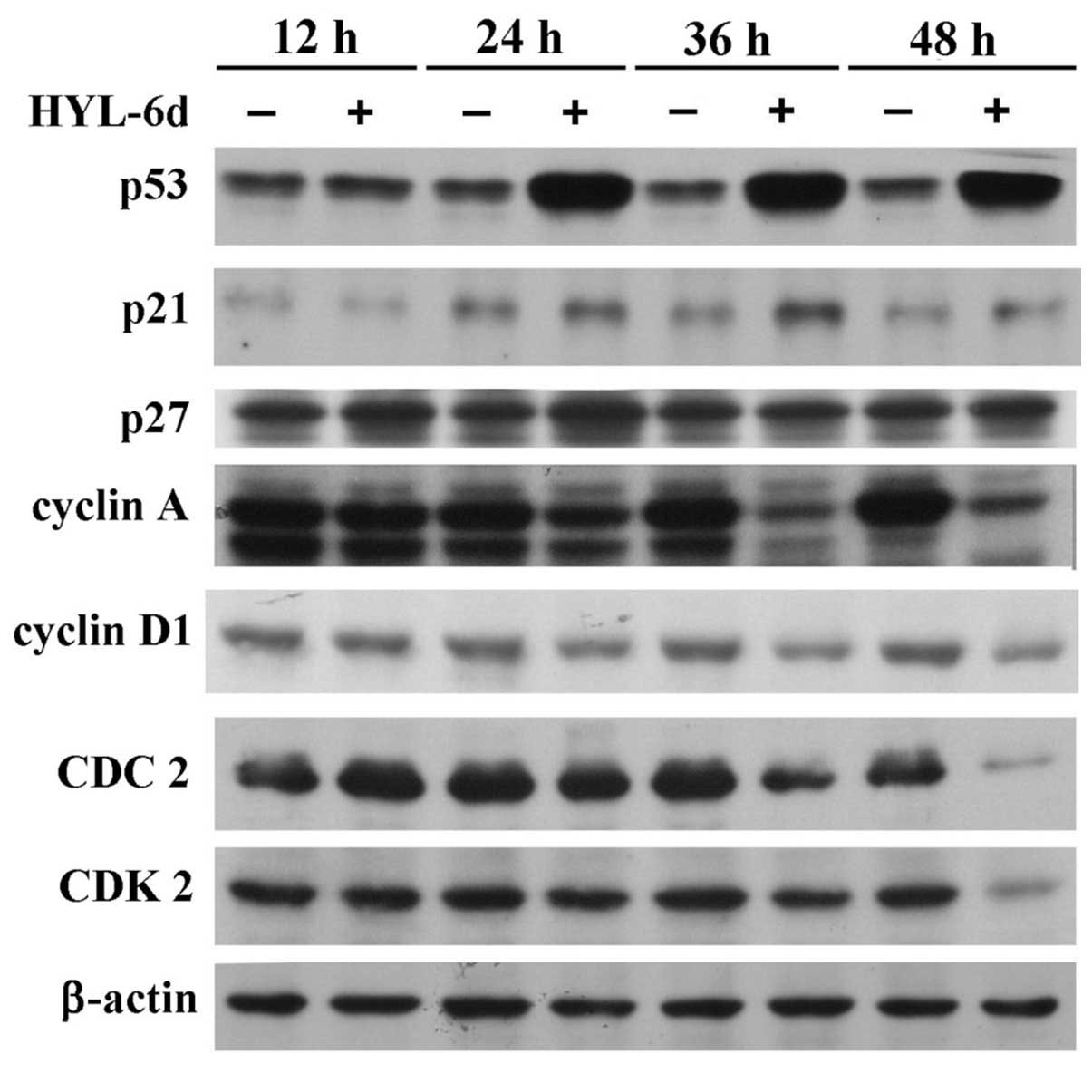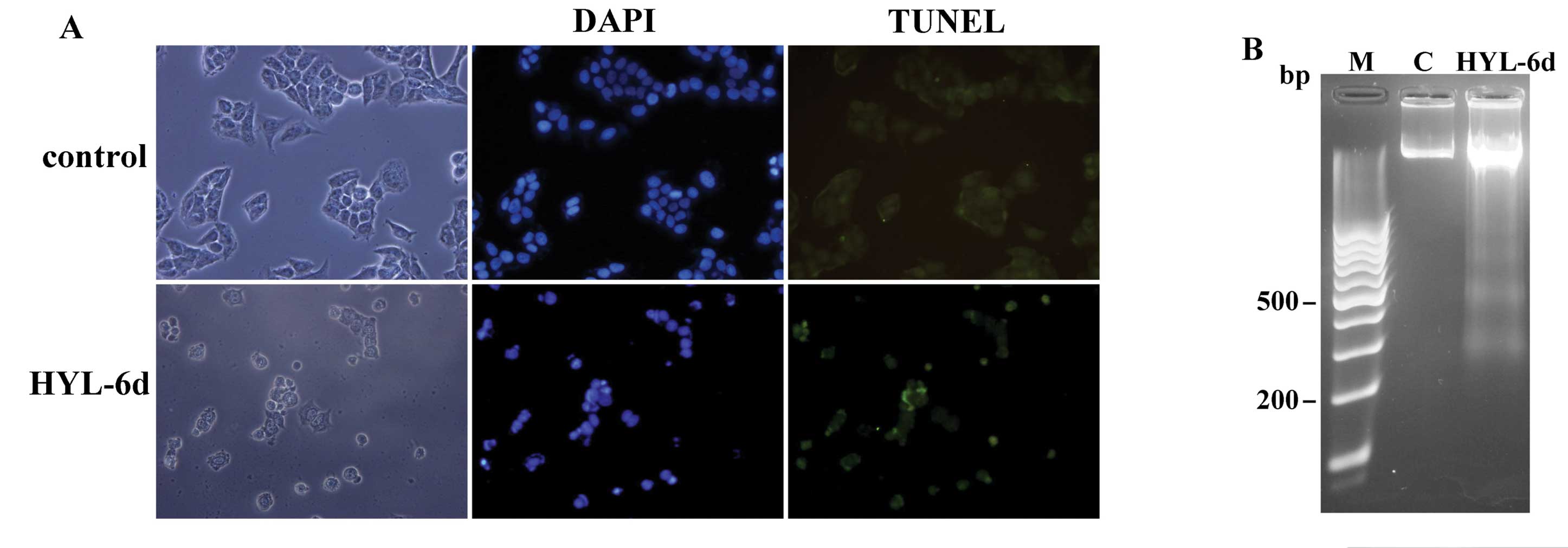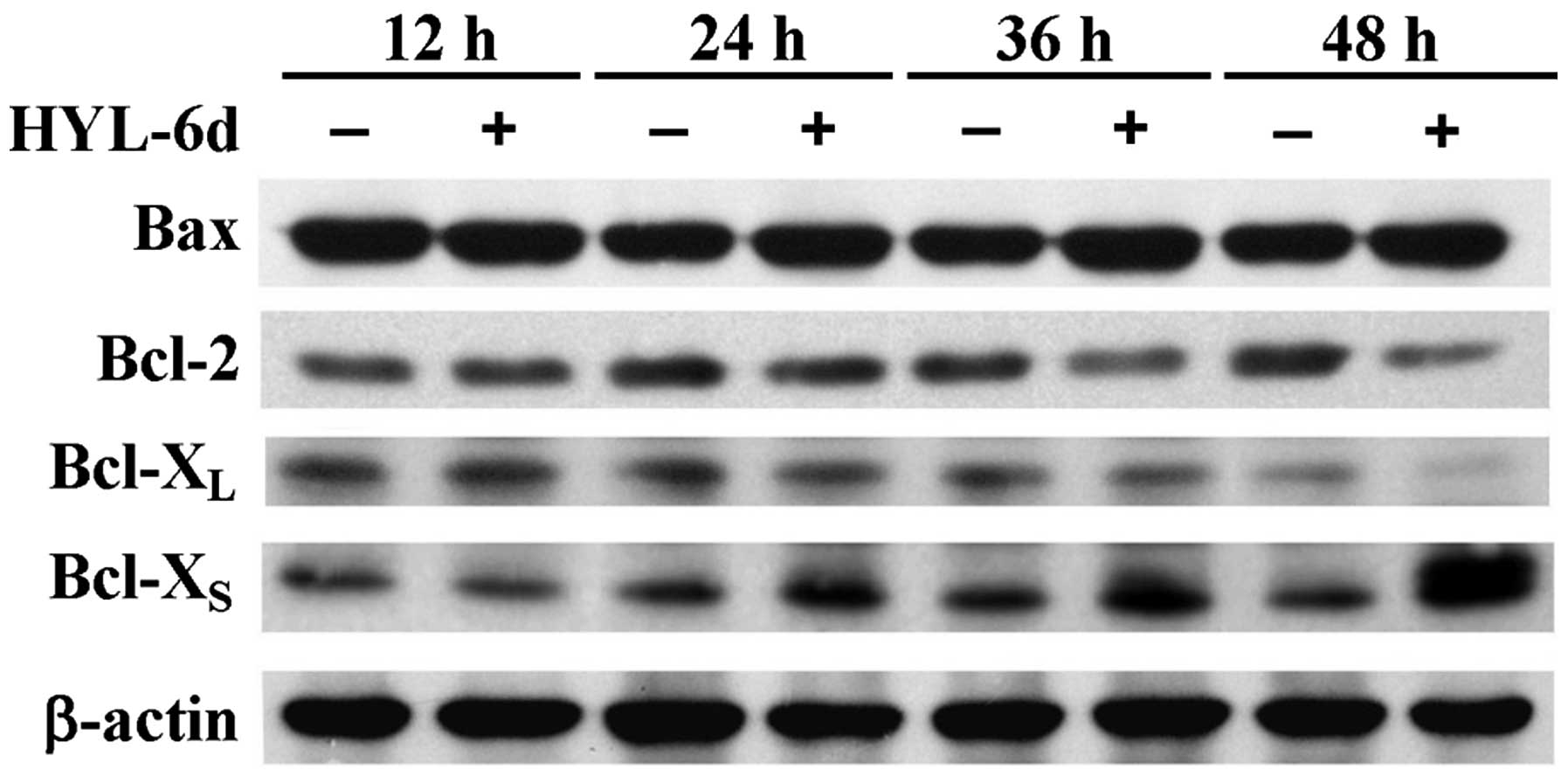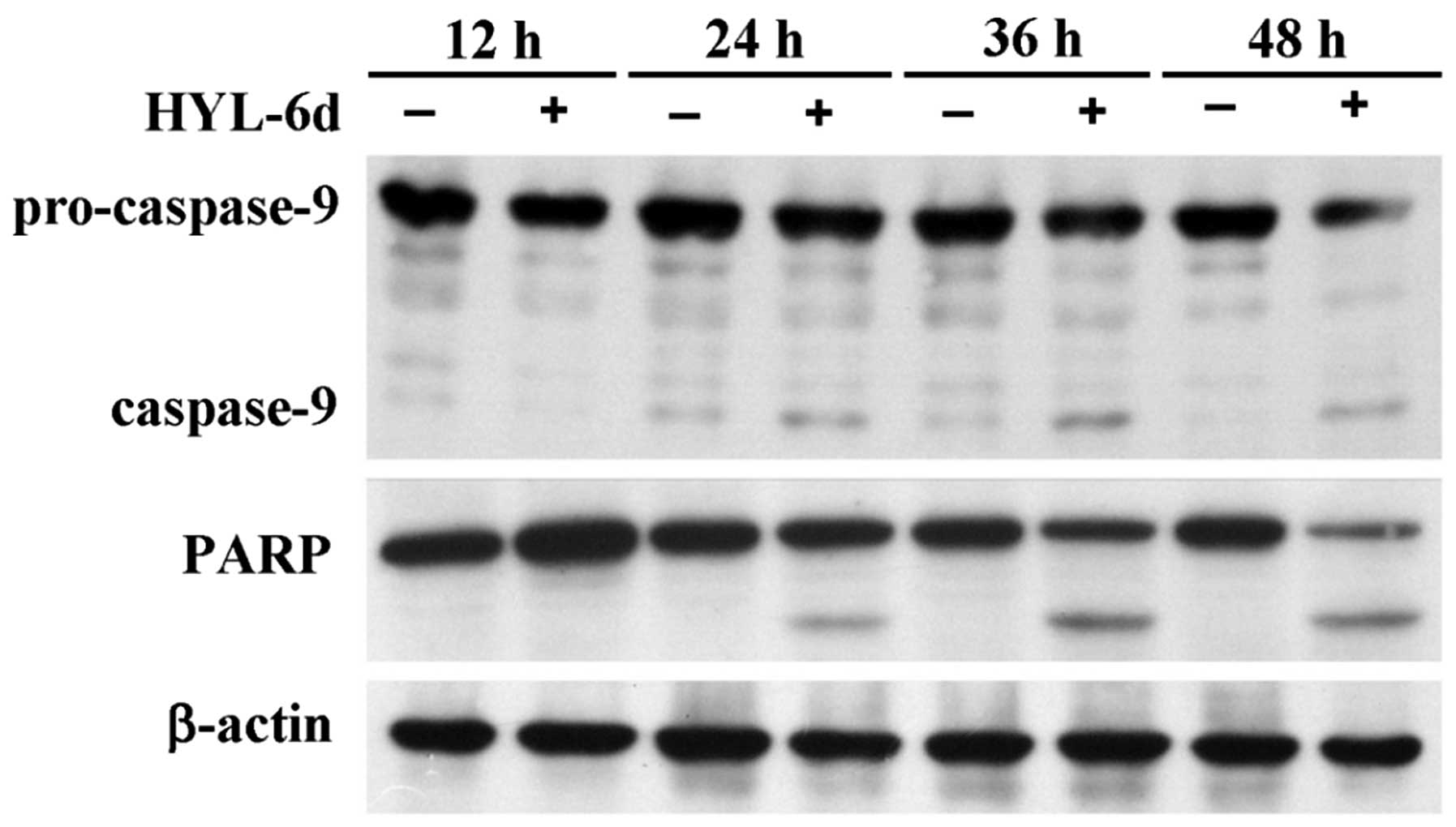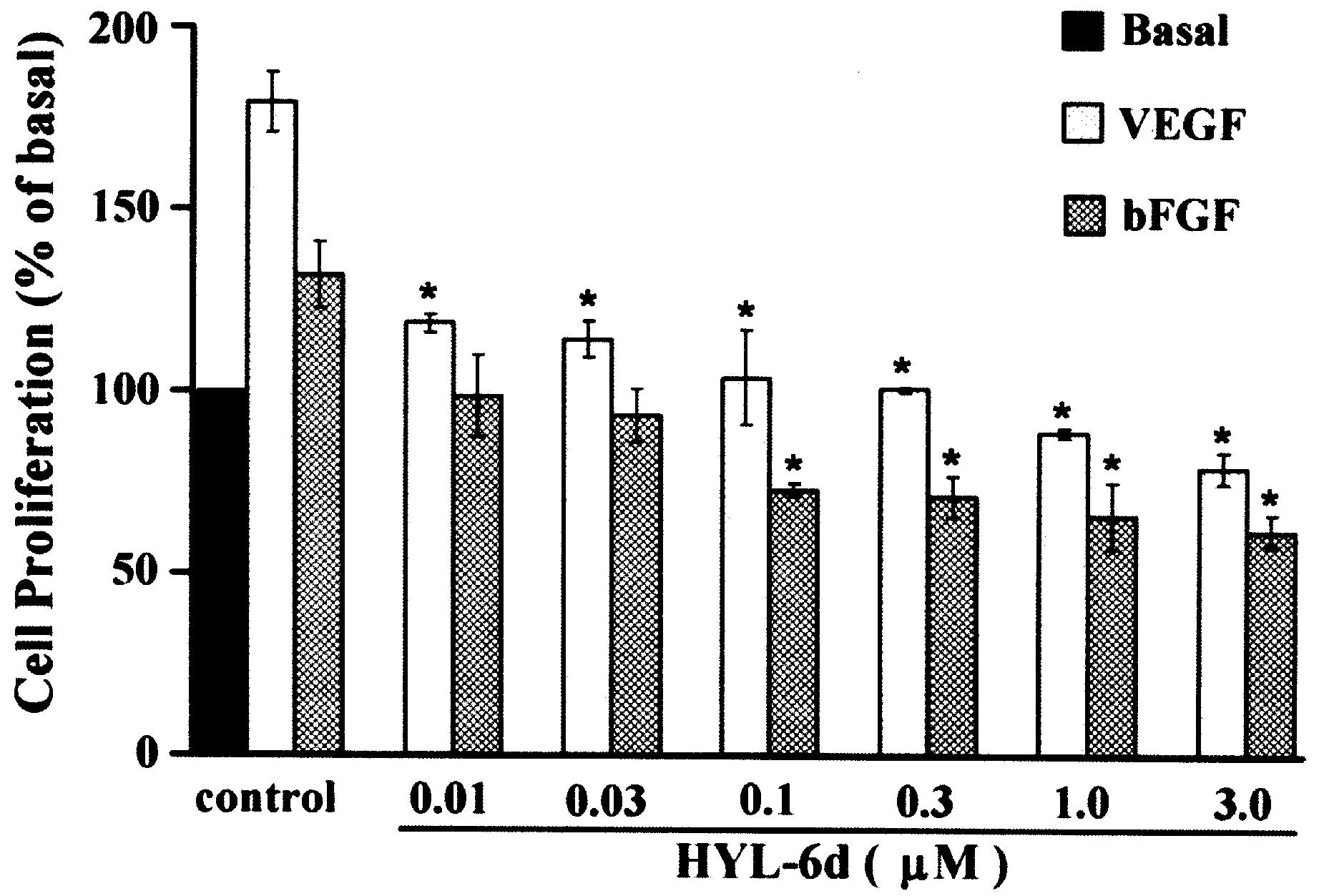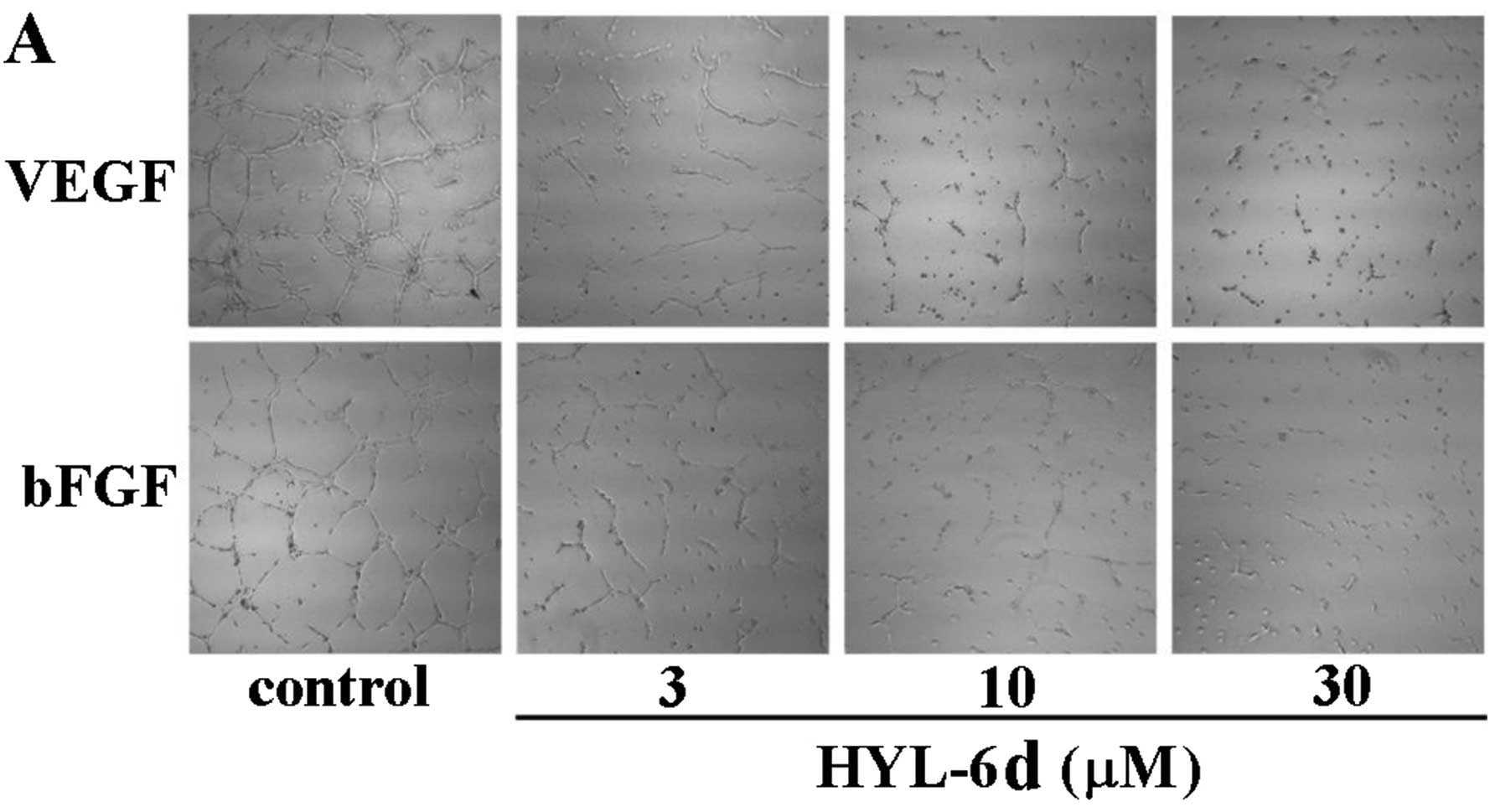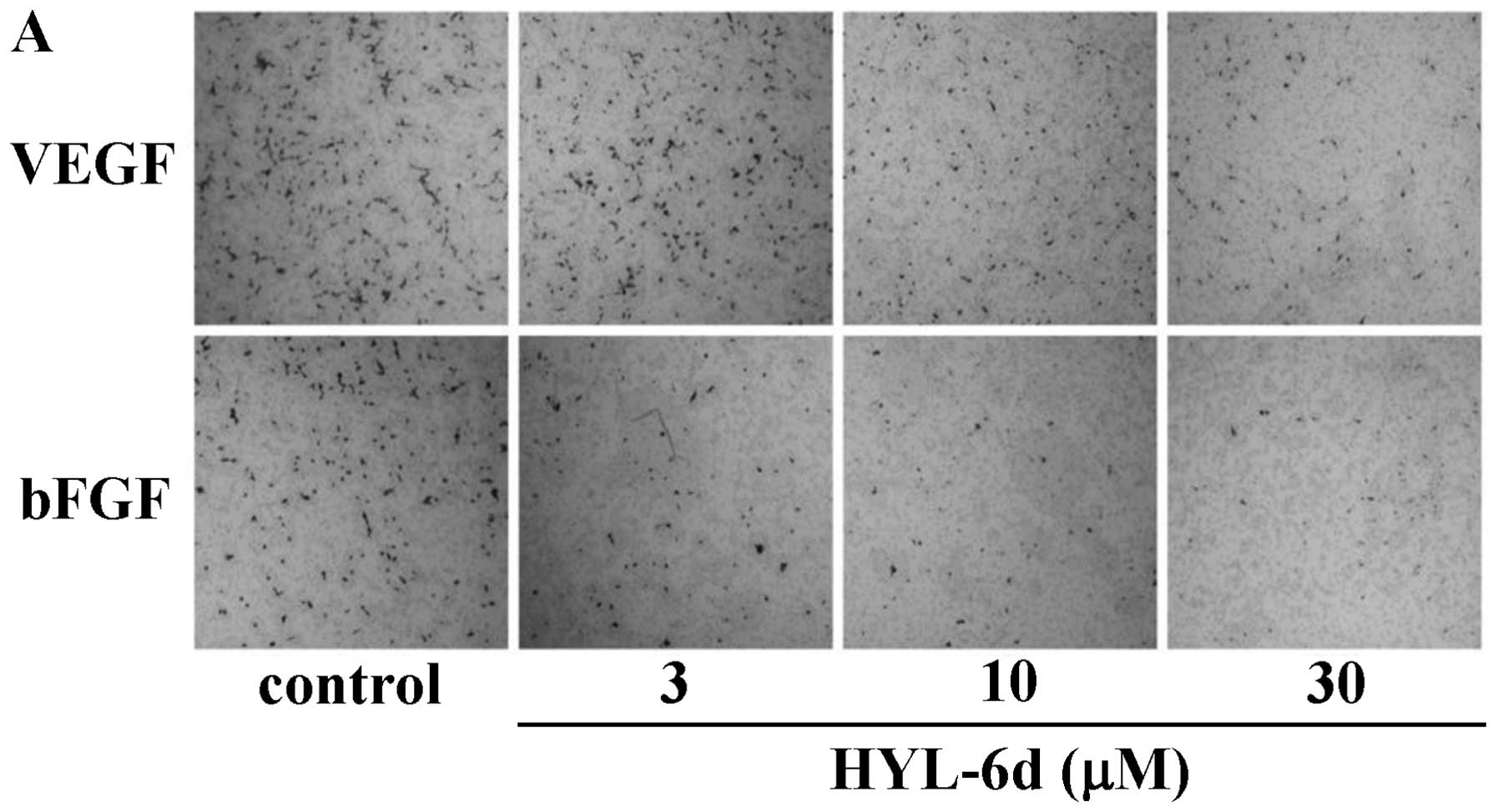|
1
|
Annual Reports of the Department of
Health, the Executive Yuan, Republic of China (Taiwan), 2011.
|
|
2
|
Lin A and Rugo HS: The role of trastuzumab
in early stage breast cancer: current data and treatment
recommendations. Curr Treat Options Oncol. 8:47–60. 2007.
View Article : Google Scholar : PubMed/NCBI
|
|
3
|
Schlotter CM, Vogt U, Allgayer H and
Brandt B: Molecular targeted therapies for breast cancer treatment.
Breast Cancer Res. 10:211–223. 2008. View
Article : Google Scholar : PubMed/NCBI
|
|
4
|
Normanno N, Morabito A, De Luca A, et al:
Target-based therapies in breast cancer: current status and future
perspectives. Endocr Relat Cancer. 16:675–702. 2009. View Article : Google Scholar : PubMed/NCBI
|
|
5
|
Mauri D, Polyzos NP, Salanti G, Pavlidis N
and Ioannidis JP: Multiple-treatments meta-analysis of chemotherapy
and targeted therapies in advanced breast cancer. J Natl Cancer
Inst. 100:1780–1791. 2008. View Article : Google Scholar : PubMed/NCBI
|
|
6
|
Sutherland RL and Musgrove EA: Cyclins and
breast cancer. J Mammary Gland Biol Neoplasia. 9:95–104. 2004.
View Article : Google Scholar
|
|
7
|
Fulda S, Meyer E, Friesen C, Susin SA,
Kroemer G and Debatin KM: Cell type specific involvement of death
receptor and mitochondrial pathways in drug-induced apoptosis.
Oncogene. 20:1063–1075. 2001. View Article : Google Scholar : PubMed/NCBI
|
|
8
|
Gasco M, Shami S and Crook T: The p53
pathway in breast cancer. Breast Cancer Res. 4:70–76. 2002.
View Article : Google Scholar : PubMed/NCBI
|
|
9
|
Brenner D and Mak TW: Mitochondrial cell
death effectors. Curr Opin Cell Biol. 21:871–877. 2009. View Article : Google Scholar
|
|
10
|
Folkman J: What is the evidence that
tumors are angiogenesis dependent? J Natl Cancer Inst. 82:4–6.
1990. View Article : Google Scholar : PubMed/NCBI
|
|
11
|
Ma J and Waxman DJ: Combination of
antiangiogenesis with chemotherapy for more effective cancer
treatment. Mol Cancer Ther. 7:3670–3684. 2008. View Article : Google Scholar : PubMed/NCBI
|
|
12
|
Miller KD: Recent translational research:
antiangiogenic therapy for breast cancer - where do we stand?
Breast Cancer Res. 6:128–132. 2004. View
Article : Google Scholar
|
|
13
|
Nakamura K, Sugumi H, Yamaguchi A, et al:
Antitumor activity of ER-37328, a novel carbazole topoisomerase II
inhibitor. Mol Cancer Ther. 1:169–175. 2002.PubMed/NCBI
|
|
14
|
Kamata J, Okada T, Kotake Y, et al:
Synthesis and evaluation of novel pyrimido-acridone, -phenoxadine,
and -carbazole as topoisomerase II inhibitors. Chem Pharm Bull
(Tokyo). 52:1071–1081. 2004. View Article : Google Scholar : PubMed/NCBI
|
|
15
|
Riou JF, Guittat L, Mailliet P, et al:
Cell senescence and telomere shortening induced by a new series of
specific G-quadruplex DNA ligands. Proc Natl Acad Sci USA.
99:2672–2677. 2002. View Article : Google Scholar : PubMed/NCBI
|
|
16
|
Chang CC, Kuo IC, Lin JJ, et al: A novel
carbazole derivative, BMVC: a potential antitumor agent and
fluorescence marker of cancer cells. Chem Biodivers. 1:1377–1384.
2004. View Article : Google Scholar : PubMed/NCBI
|
|
17
|
Engler TA, Furness K, Malhotra S, et al:
Novel, potent and selective cyclin D1/CDK4 inhibitors:
indolo[6,7-a]pyrrolo[3,4-c]carbazoles. Bioorg Med Chem Lett.
13:2261–2267. 2003.PubMed/NCBI
|
|
18
|
Hsu MJ, Chao Y, Chang YH, et al: Cell
apoptosis induced by a synthetic carbazole compound LCY-2-CHO is
mediated through activation of caspase and mitochondrial pathways.
Biochem Pharmacol. 70:102–112. 2005. View Article : Google Scholar : PubMed/NCBI
|
|
19
|
Arbiser JL, Govindarajan B, Battle TE, et
al: Carbazole is a naturally occurring inhibitor of angiogenesis
and inflammation isolated from antipsoriatic coal tar. J Invest
Dermatol. 126:1396–1402. 2006. View Article : Google Scholar : PubMed/NCBI
|
|
20
|
Kongkathip B, Kongkathip N,
Sunthitikawinsakul A, Napaswat C and Yoosook C: Anti-HIV-1
constituents from Clausena excavata: Part II. Carbazoles and
a pyranocoumarin. Phytother Res. 19:728–731. 2005.PubMed/NCBI
|
|
21
|
Mathé G, Triana K, Pontiggia P, Blanquet
D, Hallard M and Morette C: Data of pre-clinical and early clinical
trials of acriflavine and hydroxy-methyl-ellipticine reviewed,
enriched by the experience of their use for 18 months to 6 years in
combinations with other HIV1 virostatics. Biomed Pharmacother.
52:391–396. 1998.PubMed/NCBI
|
|
22
|
Golob T, Biberger C, Walter GE and Angerer
E: Antiestrogenic activities of
3,8-dihydroxy-6,11-dihydrobenzo[a]carbazoles with sulfur-containing
side chains. Arch Pharm (Weinheim). 333:305–311. 2000.PubMed/NCBI
|
|
23
|
Chen T and Wong YS: Selenocystine induces
S-phase arrest and apoptosis in human breast adenocarcinoma MCF-7
cells by modulating ERK and Akt phosphorylation. J Agric Food Chem.
56:10574–10581. 2008. View Article : Google Scholar : PubMed/NCBI
|
|
24
|
Patel MP, Masood A, Patel PS and
Chanan-Khan AA: Targeting the Bcl-2. Curr Opin Oncol. 21:516–523.
2009. View Article : Google Scholar : PubMed/NCBI
|
|
25
|
Folkman J: Angiogenesis: an organizing
principle for drug discovery? Nat Rev Drug Discov. 6:273–286. 2007.
View Article : Google Scholar : PubMed/NCBI
|
|
26
|
Baluk P, Hashizume H and McDonald DM:
Cellular abnormalities of blood vessels as targets in cancer. Curr
Opin Genet Dev. 15:102–111. 2005. View Article : Google Scholar : PubMed/NCBI
|
|
27
|
Chen H, Campbell RA, Chang Y, et al:
Pleiotrophin produced by multiple myeloma induces
transdifferentiation of monocytes into vascular endothelial cells:
a novel mechanism of tumor-induced vasculogenesis. Blood.
113:1992–2002. 2009. View Article : Google Scholar
|
|
28
|
Asche C and Demeunynck M: Antitumor
carbazoles. Anticancer Agents Med Chem. 7:247–267. 2007. View Article : Google Scholar
|
|
29
|
Joslyn KB and Anthony L: Control of
mitochondrial apoptosis by the Bcl-2 family. J Cell Sci.
122:437–441. 2009. View Article : Google Scholar
|
|
30
|
Lowe SW and Lin AW: Apoptosis in cancer.
Carcinogenesis. 21:485–495. 2000. View Article : Google Scholar
|
|
31
|
Akgul C, Moulding DA and Edwards SW:
Alternative splicing of Bcl-2-related genes: functional
consequences and potential therapeutic applications. Cell Mol Life
Sci. 61:2189–2199. 2004. View Article : Google Scholar : PubMed/NCBI
|
|
32
|
Garneau D, Revil T, Fisette JF and Chabot
B: Heterogeneous nuclear ribonucleoprotein F/H proteins modulate
the alternative splicing of the apoptotic mediator Bcl-x. J Biol
Chem. 280:22641–22650. 2005. View Article : Google Scholar : PubMed/NCBI
|
|
33
|
Chen N, Chen X, Huang R, et al: BCL-xL is
a target gene regulated by hypoxia-inducible factor-1{alpha}. J
Biol Chem. 284:10004–10012. 2009.
|
|
34
|
Olopade OI, Adeyanju MO, Safa AR, Hagos F,
Mick R, Thompson CB and Recant WM: Overexpression of BCL-x protein
in primary breast cancer is associated with high tumor grade and
nodal metastases. Cancer J Sci Am. 3:230–237. 1997.PubMed/NCBI
|
|
35
|
Clarke MF, Apel IJ, Benedict MA, et al: A
recombinant bcl-xs adenovirus selectively induces apoptosis in
cancer cells but not in normal bone marrow cells. Proc Natl Acad
Sci USA. 92:11024–11028. 1995. View Article : Google Scholar : PubMed/NCBI
|
|
36
|
Sumantran VN, Ealovega MW, Nuñez G, Clarke
MF and Wicha MS: Overexpression of Bcl-XS sensitizes MCF-7 cells to
chemotherapy-induced apoptosis. Cancer Res. 55:2507–2510.
1995.PubMed/NCBI
|
|
37
|
Heermeier K, Benedict M, Li M, Furth P,
Nuñez G and Hennighausen L: Bax and Bcl-xs are induced at the onset
of apoptosis in involuting mammary epithelial cells. Mech Dev.
56:197–207. 1996. View Article : Google Scholar : PubMed/NCBI
|
|
38
|
Tsujimoto Y and Shimizu S: Role of the
mitochondrial membrane permeability transition in cell death.
Apoptosis. 12:835–840. 2007. View Article : Google Scholar : PubMed/NCBI
|
|
39
|
Robinson SC and Coussens LM: Soluble
mediators of inflammation during tumor development. Adv Cancer Res.
93:59–87. 2005.
|
|
40
|
Bando H: Vascular endothelial growth
factor and bevacitumab in breast cancer. Breast Cancer. 14:163–173.
2007. View Article : Google Scholar : PubMed/NCBI
|
|
41
|
Sledge GW Jr: VEGF-targeting therapy for
breast cancer. J Mammary Gland Biol Neoplasia. 10:319–323. 2005.
View Article : Google Scholar : PubMed/NCBI
|
|
42
|
Fox SB, Generali DG and Harris AL: Breast
tumour angiogenesis. Breast Cancer Res. 9:2162007. View Article : Google Scholar
|
|
43
|
Levina V, Su Y, Nolen B, Liu X, Gordin Y,
Lee M, Lokshin A and Gorelik E: Chemotherapeutic drugs and human
tumor cells cytokine network. Int J Cancer. 123:2031–2040. 2008.
View Article : Google Scholar : PubMed/NCBI
|
|
44
|
Miller KD, Sweeney CJ and Sledge GW Jr:
Redefining the target: chemotherapeutics as antiangiogenics. J Clin
Oncol. 19:1195–1206. 2001.PubMed/NCBI
|
|
45
|
Kubota Y, Kleinman HK, Martin GR and
Lawley TJ: Role of laminin and basement membrane in the
morphological differentiation of human endothelial cells into
capillary-like structures. J Cell Biol. 107:1589–1598. 1988.
View Article : Google Scholar : PubMed/NCBI
|















